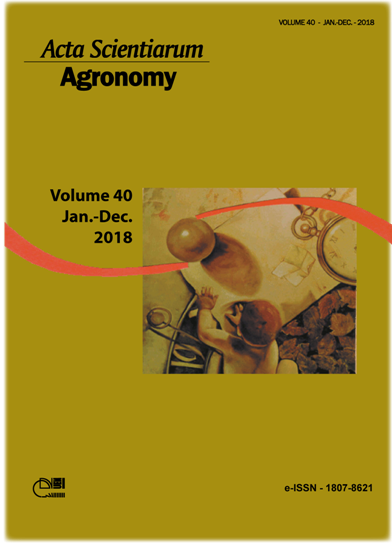<b>Data transformation: an underestimated tool by inappropriate use
Abstract
There are researchers who do not recommend data transformation arguing it causes problems in inferences and mischaracterises data sets, which can hinder interpretation. There are other researchers who consider data transformation necessary to meet the assumptions of parametric models. Perhaps the largest group of researchers who make use of data transformation are concerned with experimental accuracy, which provokes the misuse of this tool. Considering this, our paper offer a study about the most frequent situations related to data transformation and how this tool can impact ANOVA assumptions and experimental accuracy. Our database was obtained from measurements of seed physiology and seed technology. The coefficient of variation cannot be used as an indicator of data transformation. Data transformation might violate the assumptions of analysis of variance, invalidating the idea that its use will provoke fail the inferences, even if it does not improve the quality of the analysis. The decision about when to use data transformation is dichotomous, but the criteria for this decision are many. The unit (percentage, day or seedlings per day), the experimental design and the possible robustness of F-statistics to ‘small deviations’ to Normal are among the main indicators for the choice of the type of transformation.
Downloads
DECLARATION OF ORIGINALITY AND COPYRIGHTS
I Declare that current article is original and has not been submitted for publication, in part or in whole, to any other national or international journal.
The copyrights belong exclusively to the authors. Published content is licensed under Creative Commons Attribution 4.0 (CC BY 4.0) guidelines, which allows sharing (copy and distribution of the material in any medium or format) and adaptation (remix, transform, and build upon the material) for any purpose, even commercially, under the terms of attribution.




















































